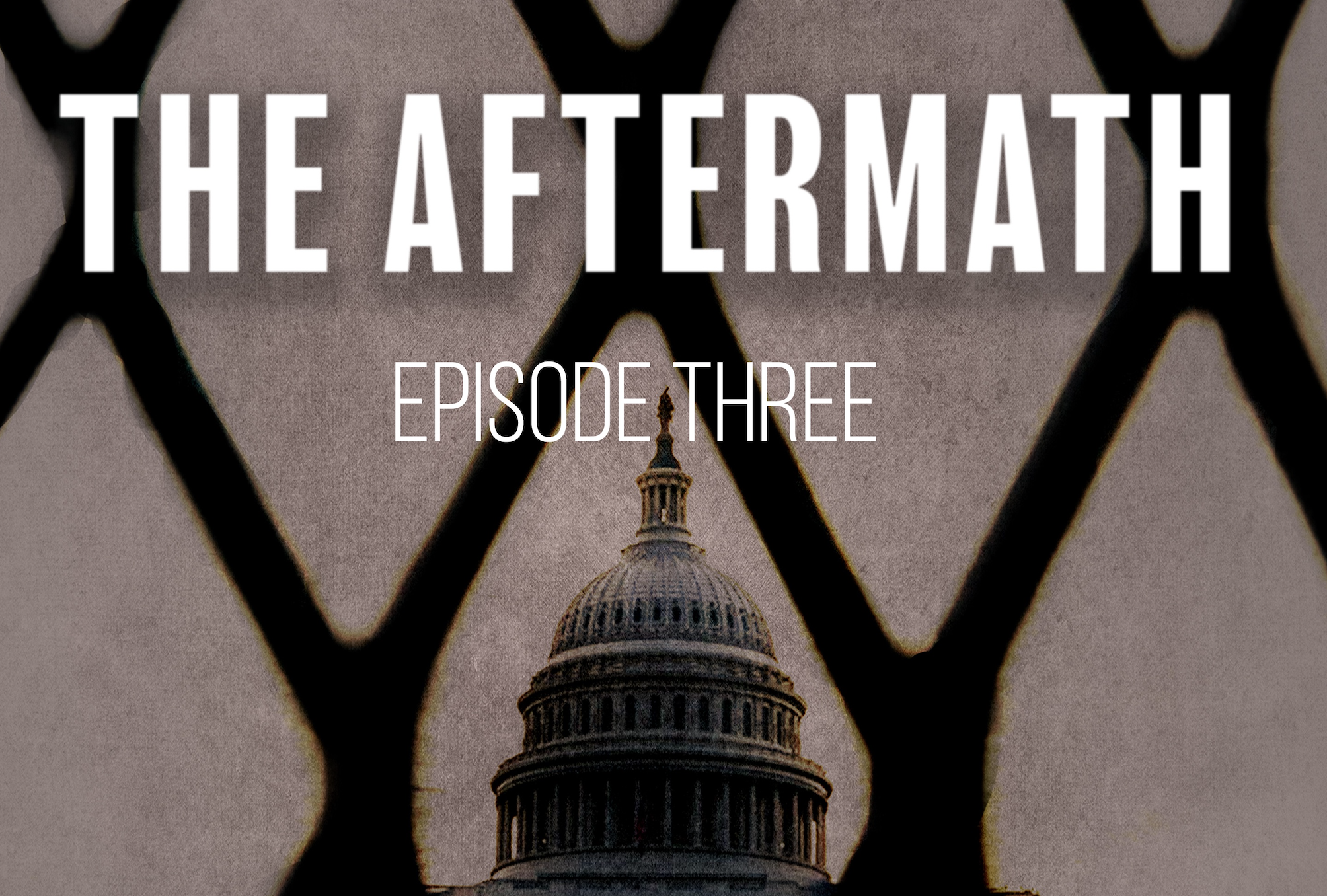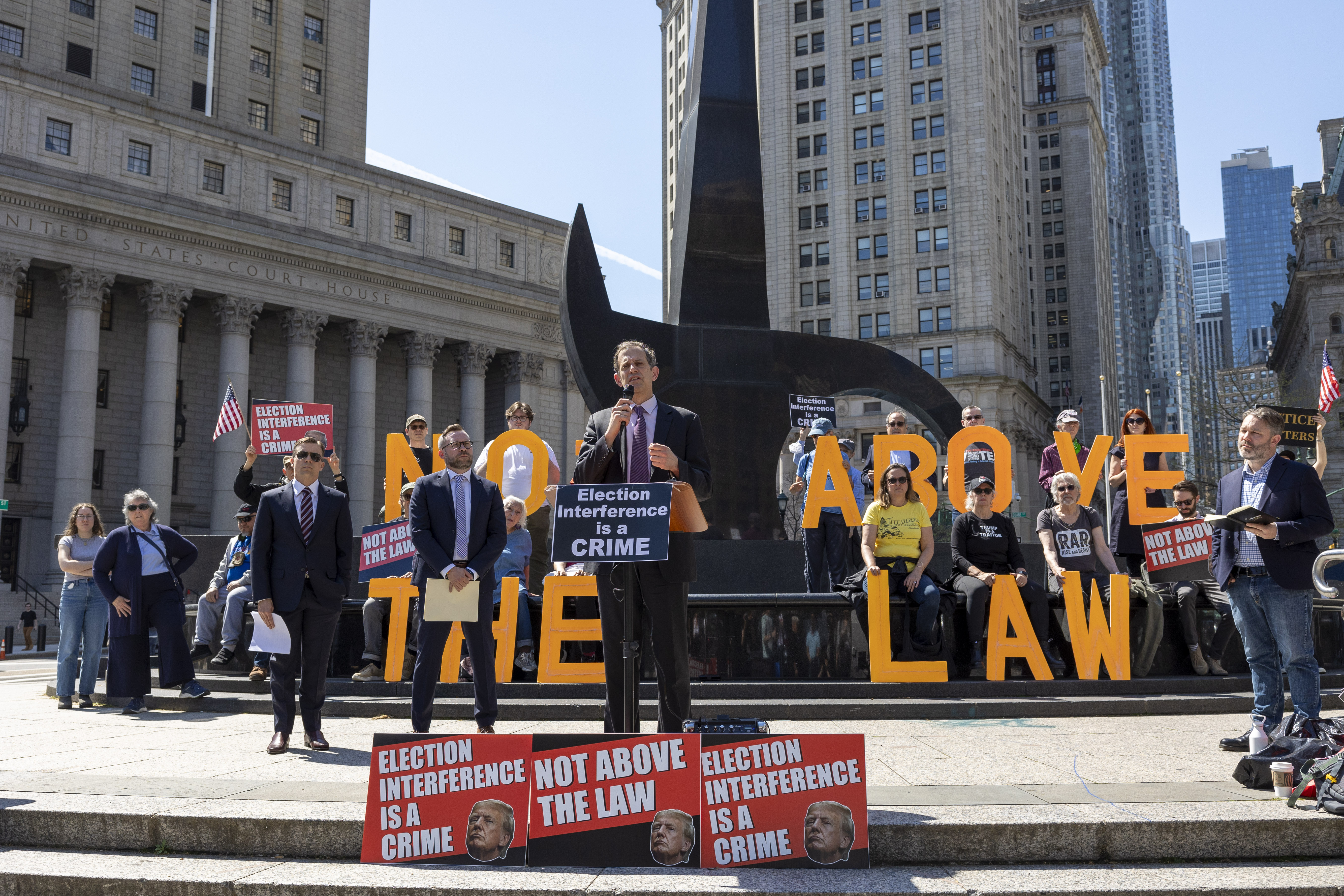The Aftermath, Episode 3: Congress Responds
The episode looks at what Congress was doing in the days immediately after Jan. 6. We hear from experts and from people who were actually there, on both sides of the proceedings.

Published by The Lawfare Institute
in Cooperation With

Today we are releasing the latest episode of our narrative podcast series investigating the search for accountability in response to the Jan. 6 insurrection: The Aftermath:
In Episode 1, available here, we examined how the events of Jan. 6 raised complicated accountability questions across a number of axes. What caused the total breakdown in physical security at the Capitol? Who is responsible: the rioters themselves? Those who fueled their outrage? The institutions that were unprepared? All of the above? Through what legal or political mechanisms can these people be held accountable? And will they work?
Episode 2, available here, told the story of how the rioters walked away from the scene as the Justice Department and the FBI scrambled to kick off one of the largest criminal investigations in U.S. history. We introduced four criminal defendants who have been charged in connection with the Jan. 6 Capitol attack, each of whom represents a larger body of defendants, to show how the differences in rioters’ conduct led to different charges. Over the course of this series, we’ll continue to track each defendant’s case as it progresses in an effort to explain how prosecutors are using the law to impose criminal accountability.
Our new episode, Episode 3, turns to Congress. Entitled “Congress Responds,” the episode looks at what Congress was doing in the days immediately after Jan. 6. What tools were at its disposal, and what options did it consider to hold President Trump accountable for the insurrection? Was impeachment the best way to address what happened, or just the most viable one at the time? We hear from experts and from people who were actually there, on both sides of the proceedings—Rep. Jamie Raskin, the lead impeachment manager, and David Schoen, the lead defense lawyer for Donald Trump. We even talked to one of the last living Framers of the Constitution.


.jpeg?sfvrsn=fa654ad6_3)




